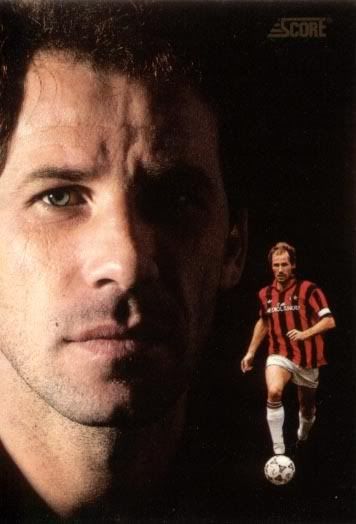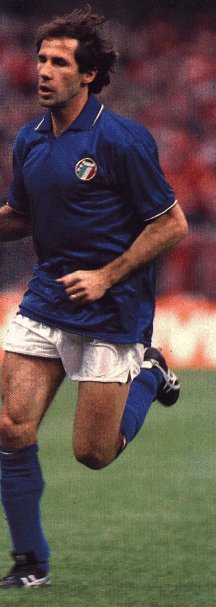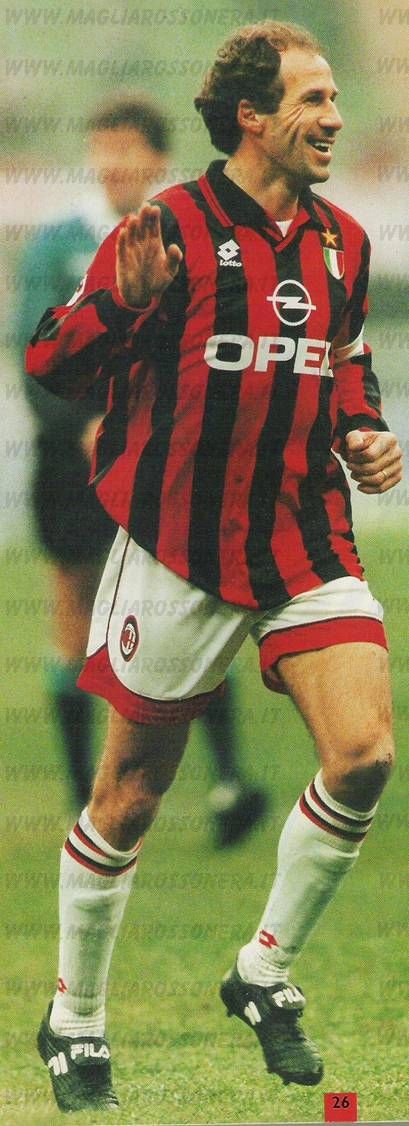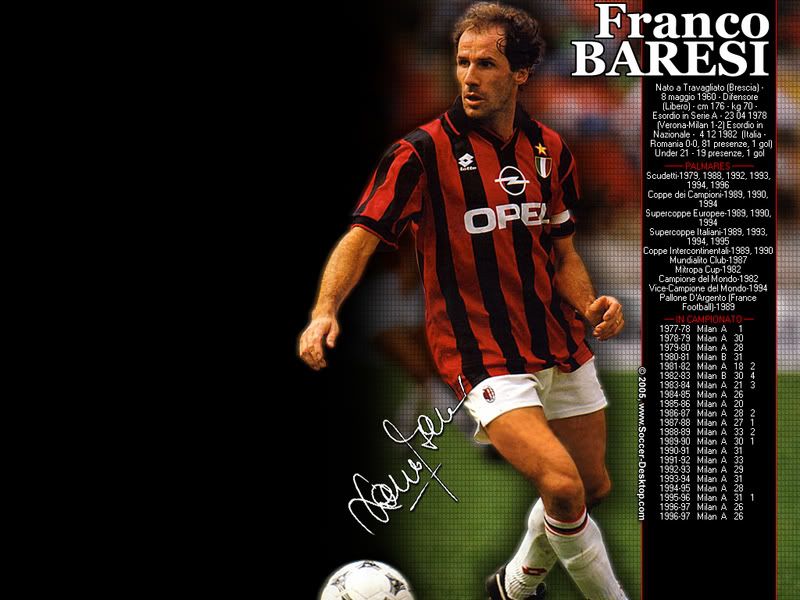Jakob "Jaap" Stam (born 17 July 1972 in Kampen) is a retired Dutch football player who was twice voted best defender in the 1998–99 and 1999–2000 UEFA Champions League.
Jaap Stam started his career with local amateur football club DOS Kampen. On 15 August 1992, Stam made his professional debut for FC Zwolle in a 1–1 draw against SC Heracles in the Eerste Divisie. He became a first team regular right away and moved to Eredivisie side Cambuur Leeuwarden for the following season, but relegated in his first season which brought him back into the Eerste Divisie. Two seasons at Cambuur earned him a transfer to Eredivisie side Willem II. At Willem II he impressed at the Eredivisie level straight away, which meant his final breakthrough. A shock 1–0 home victory over Ajax led to Stam's transfer to PSV Eindhoven in the same season in which they eventually won the KNVB Cup, his first professional trophy.
Jaap Stam was a key player for PSV in the 1996–97 season, as the team won the Eredivisie Championship and the Johan Cruijff-schaal (the Dutch Super Cup); Stam won the VVCS Footballer of the Year award. In 1998, Stam became the then most expensive Dutch football player in history and the most expensive defender in history, when Manchester United bought him for £10.6 million.
Jaap Stam spent three seasons at Manchester United, during which time United won three Premier League titles, one FA Cup, the Intercontinental Cup and the UEFA Champions League. He scored his only goal for the club in a 6-2 away victory against Leicester City.
Early in the 2001–02 season, Jaap Stam was controversially sold to Lazio in Italy, after Manchester United manager Sir Alex Ferguson was reportedly furious with allegations Stam had made in his autobiography Head to Head about himself and the club. Stam made numerous statements in the book about his views on opposing players, and notoriously alleged that Ferguson's approach to buy him was done without the permission of PSV Eindhoven. Laurent Blanc was signed as his replacement.
During his time with Lazio, Jaap Stam was found guilty of having the banned steroid nandrolone in his system following a Serie A game, and received a five-month ban, which was eventually reduced by a month after appeals. In his last season at the club, he won the Coppa d'Italia with Lazio.
Jaap Stam joined A.C. Milan after Euro 2004. He reached his second Champions League final with the Italian team in 2005, but was a runner-up after being defeated by Liverpool. On 30 January 2006, it was announced that he would return to the Eredivisie and play for Ajax, where he signed a two-year contract for €2.5 million transfer fee. Jaap Stam was named team captain upon his arrival in Amsterdam. In his first season, he won both the Johan Cruijff-schaal and the KNVB Cup, and another Johan Cruijff-schaal was added at the start of the 2007–08 season.
 Jaap Stam made his debut for the Netherlands on 24 April 1996, in the 1–0 defeat to Germany. He was also an important player in the Dutch team that finished fourth in the 1998 FIFA World Cup. Stam reached his third semi finals in an international competition with his nation during Euro 2004 in Portugal and retired from international football after the tournament. The reason for his international retirement was that he wanted to focus on his new team AC Milan and his family. In total he played 67 matches for the Netherlands, scoring 3 goals. [source : Jaap Stam]
Jaap Stam made his debut for the Netherlands on 24 April 1996, in the 1–0 defeat to Germany. He was also an important player in the Dutch team that finished fourth in the 1998 FIFA World Cup. Stam reached his third semi finals in an international competition with his nation during Euro 2004 in Portugal and retired from international football after the tournament. The reason for his international retirement was that he wanted to focus on his new team AC Milan and his family. In total he played 67 matches for the Netherlands, scoring 3 goals. [source : Jaap Stam]Jaap Stam Pictures and Wallpapers




























